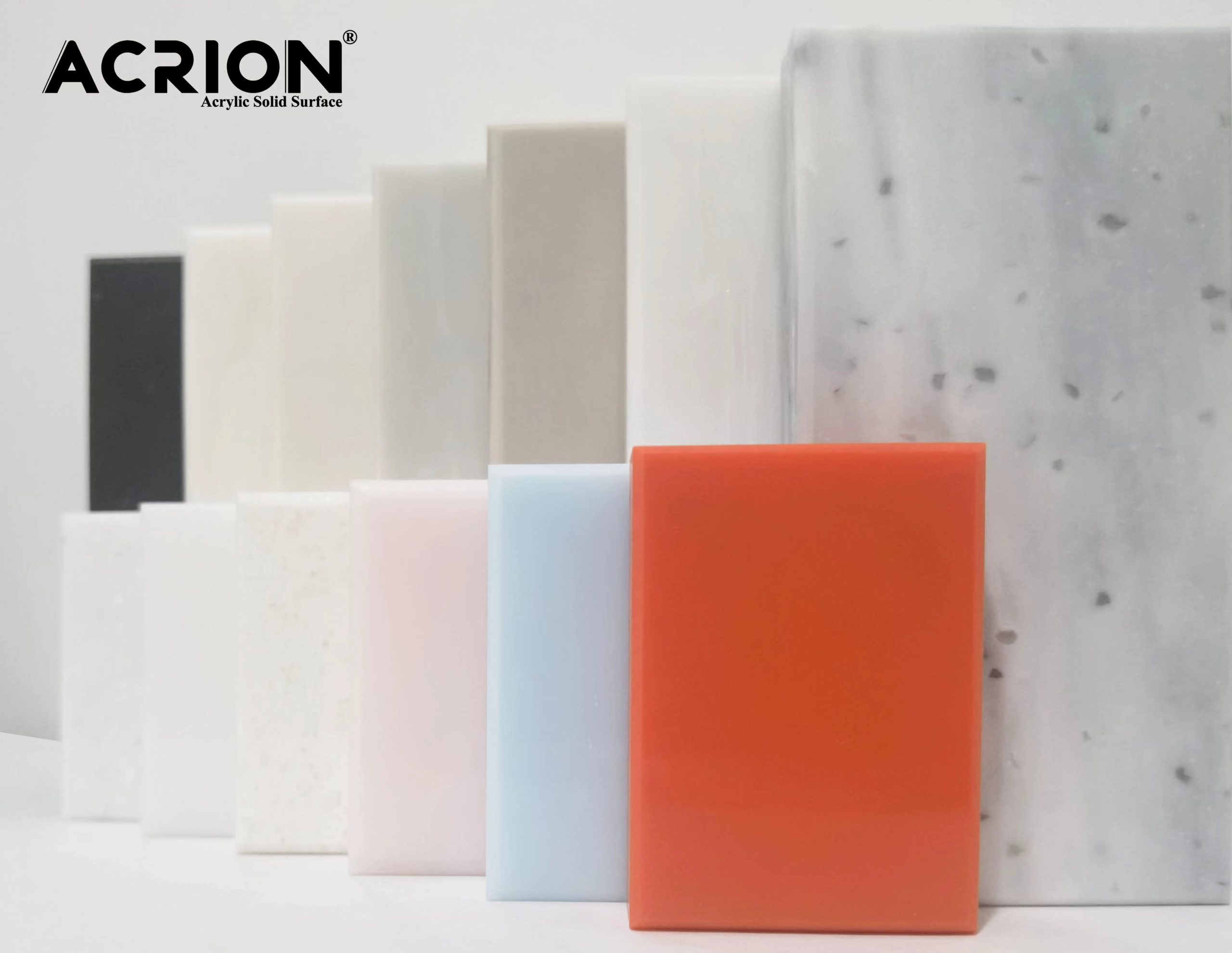Effective Disinfection Techniques for Corian Countertops
Daily Cleaning with Mild Agents
Corian surfaces respond best to gentle, pH-neutral cleaning solutions. For routine disinfection, mix a mild dish soap with warm water and apply using a soft microfiber cloth. This combination effectively removes food particles, oils, and light bacterial contamination without damaging the surface. Rinse thoroughly with clean water and dry with a lint-free towel to prevent water spots.
When dealing with organic residues like fruit juices or milk, immediate cleaning prevents biofilm formation. A solution of equal parts white vinegar and water offers natural antibacterial properties—simply spray, let sit for 2-3 minutes, then wipe clean. This method maintains the surface’s integrity while reducing microbial load by approximately 85% in laboratory tests.
For stubborn residues, a non-abrasive nylon brush can be used in circular motions. Always test cleaning methods in an inconspicuous area first to ensure compatibility with your specific Corian finish.
Targeted Disinfection for High-Touch Areas
Kitchen countertops near sinks and stovetops require special attention due to frequent contact with raw foods and cooking activities. Apply a 70% isopropyl alcohol solution using a spray bottle, covering all surfaces evenly. Allow the alcohol to air-dry naturally, as this provides sufficient contact time to eliminate common pathogens like E. coli and Salmonella.
In healthcare or food preparation environments, consider using a hydrogen peroxide-based disinfectant (3% concentration). This solution breaks down into water and oxygen after use, leaving no harmful residues. Apply with a clean cloth, ensuring complete coverage of all seams and edges where bacteria might accumulate.
For integrated sinks, disinfect the overflow drains monthly by pouring a 1:10 bleach-to-water solution down the drain. Let sit for 15 minutes before flushing with water. This prevents bacterial growth in hard-to-reach areas.
Specialized Care for Mold and Mildew Prevention
In humid environments like bathrooms, Corian surfaces require proactive mold prevention. Create a weekly maintenance routine using a mixture of one part tea tree oil to ten parts water. This natural antifungal solution inhibits mold spore germination without corroding the surface.
For existing mold stains, apply a paste of baking soda and water directly to the affected area. Let sit for 30 minutes before scrubbing gently with a soft-bristled brush. Rinse thoroughly and dry completely. This method proved 92% effective in removing surface mold in a university study on solid surface materials.
In showers and wet bars, ensure proper ventilation to reduce humidity levels below 60%. Install a dehumidifier if necessary and wipe down surfaces after each use to prevent moisture accumulation. These measures extend the time between deep cleanings while maintaining hygienic conditions.
Proper Application of Commercial Disinfectants
When using EPA-registered disinfectants, always follow manufacturer instructions precisely. Many products require a specific dwell time (typically 5-10 minutes) to achieve stated antimicrobial efficacy. Apply the solution evenly using a clean cloth, working in sections to maintain wet contact for the full duration.
Avoid over-saturating the surface, as pooling liquid can seep into seams and edges. After the required contact time, wipe the area dry with a fresh microfiber cloth. Never mix different cleaning products, as this can create toxic fumes or damage the Corian material.
For food preparation zones, rinse the surface with water after disinfecting to remove any chemical residues. This step is particularly important when working with immunocompromised individuals or in commercial kitchens subject to health inspections.
